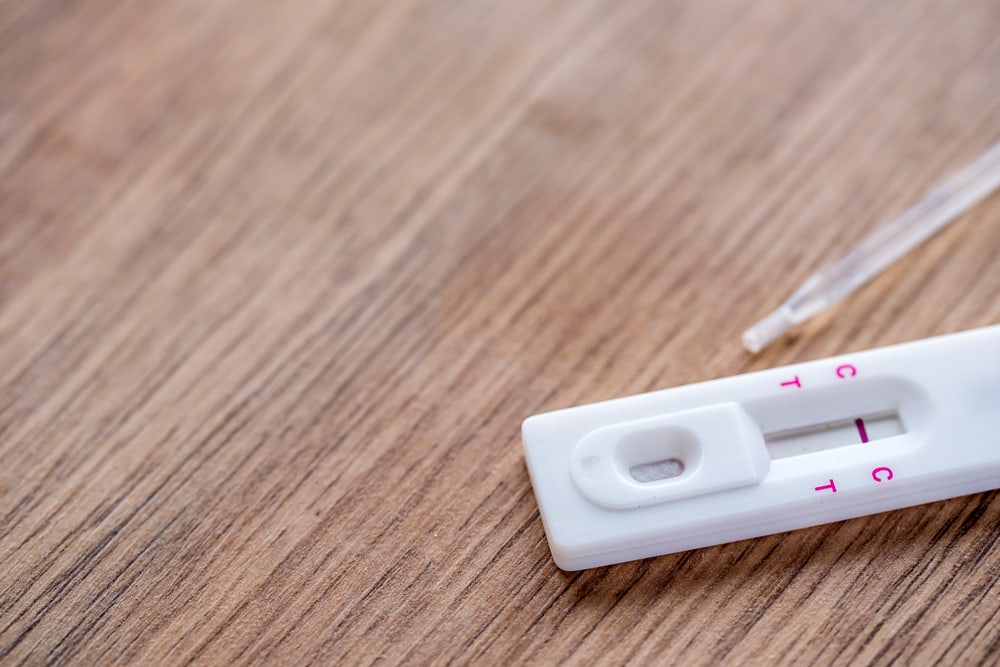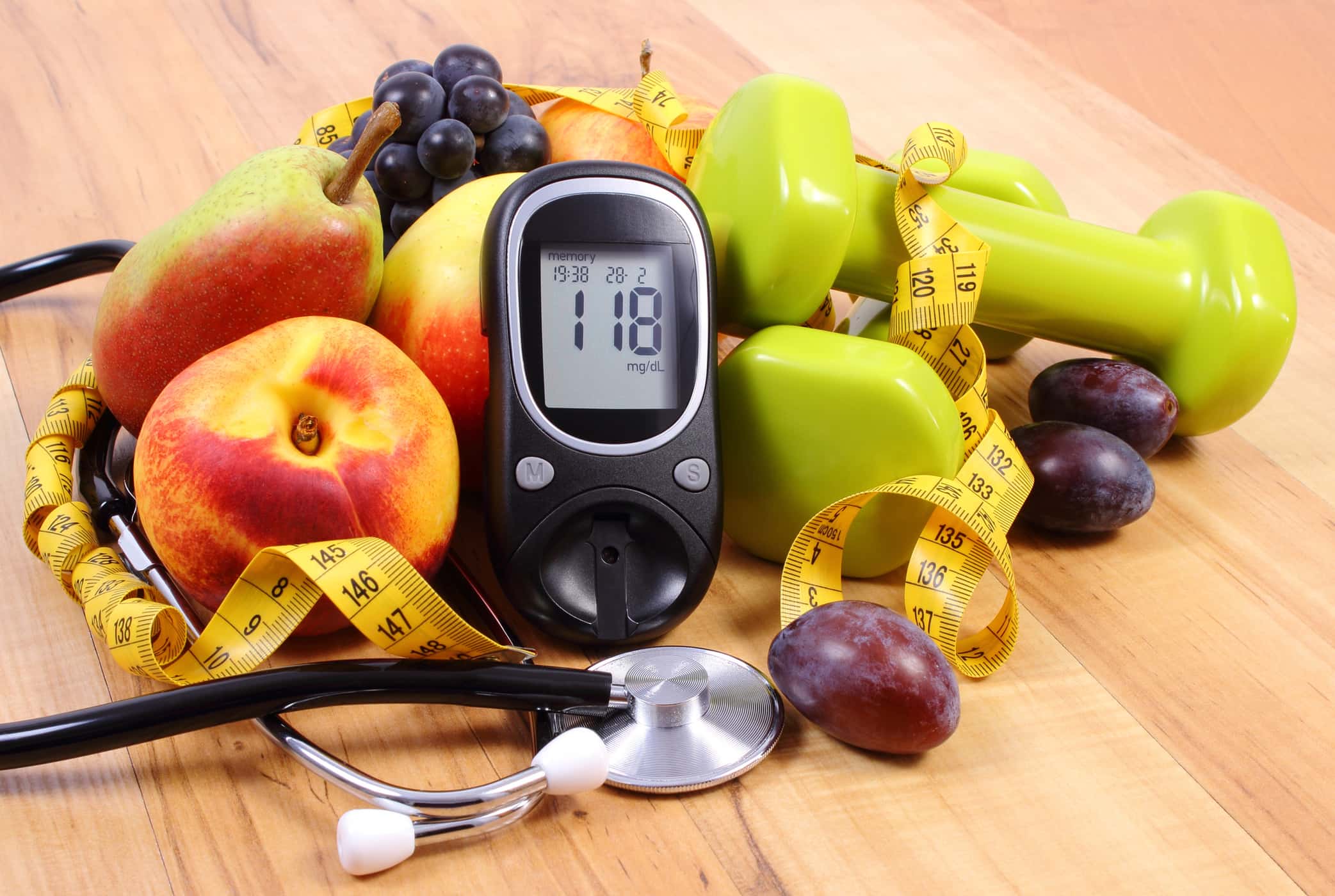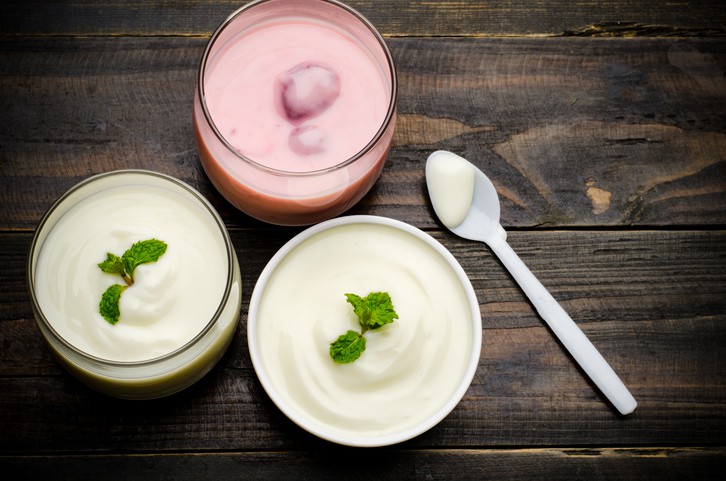Contents:
- Medical Video: Pregnancy Beyond Age 35 – Reviewing the Risks
- Not only skin aging, women will also experience reproductive aging
- Backup of female eggs shrinks as you age
- It's not only difficult to get pregnant, getting pregnant at this age has many risks
Medical Video: Pregnancy Beyond Age 35 – Reviewing the Risks
Each partner usually has their own agreement, when they will have children, whether it's the first child or second child, pregnancy must be planned very carefully. However, a woman's fertility is influenced by many factors, one of which is age.
Over the age of 35, women's fertility will decline. Even though you still feel young at this mature age, the actual condition of the egg is not the same when you are in your 20s. Then, why are women over the age of 35 more difficult to get pregnant? This is the answer.
Not only skin aging, women will also experience reproductive aging
In addition to the risk of experiencing aging in the skin, women can also experience aging in their reproductive systems. As you get older, a woman's egg cells will decrease because women experience reproductive aging, this is different from men who can always produce sperm.
Two aspects that affect egg production ability, namely the chronological age of the ovary and the biological age of the ovary. What is meant by chronological age is the age or number that corresponds to the date of birth. While the biological age, is associated with ovarian reserves of a woman when compared with women of the same age.
Whereas ovarian reserves are the capacity of the ovary to produce eggs with a certain amount and quality. Naturally, as you get older, a woman's egg cells will decrease because women experience reproductive aging.
The rate of reproductive aging in women is also not the same, but it turns out that genetic and environmental factors also have a large share of biological ovarian aging which causes decreased ovarian reserves. As a result, biological age can be older than chronological age. This is why women over the age of 35 are more likely to get pregnant.
Backup of female eggs shrinks as you age
According to research from St Andrew's University and the University of Edinburgh, women in their 30s tend to have difficulty getting pregnant. Although women can still produce eggs throughout the age of 30 to 40 years, however, the ovary reserves continue to shrink rapidly.
The results of this study found a significant decrease in egg cells quickly. The quality of the egg will also get worse when the age of women increases and this will increase the risk of babies being born in unhealthy conditions.
From the results of the study it was also known, the average woman was born with 300,000 eggs. But, this number is decreasing at a much faster rate than originally thought. The study was conducted by looking at data on 325 women in the UK, US and Europe of various ages to see eggs.
The data is then graphed regarding the decrease in the average potential of ovarian reserves throughout a woman's life. Research shows that 95 percent of women at the age of 30 only have a maximum of 12 percent of ovarian reserves and at the age of 40 only three percent are left. This is why women over the age of 35 are more likely to get pregnant.
It's not only difficult to get pregnant, getting pregnant at this age has many risks
Furthermore, the results of the study also showed a large difference in the number of eggs among women. Some women have more than 2 million eggs, and some have only at least 35,000 eggs.
Through this study, women were also reminded not to be late or even delay the pregnancy plan, because female fertility declined after the age of mid-thirties.
In addition to the risk of giving birth to a baby with down syndrome, the risk of miscarriage and childbirth by caesarean section, pregnant women over the age of 35 also have the risk of the baby dying while in the womb or during childbirth. Although this risk is present at each gestational age, but in women aged 35 years and over, this risk is greater, which is 7 out of 1000 pregnancies.












